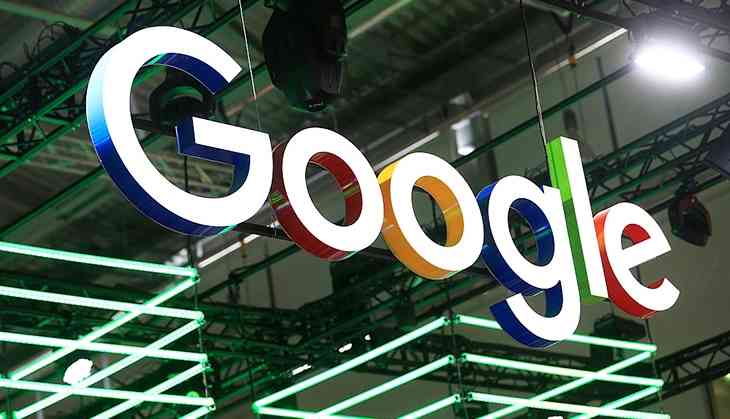All you need to know about why the EU fined Google a record $2.7 billion

The European Union (EU) has hit Google with a record-breaking fine of $2.7 billion over the abuse of its absolute dominance of the market. Basically, Google has been fined for breaking antitrust laws. EU officials made the announcement shortly after 11 AM (BST). This is Google's biggest regulatory battle to date.
Google had been accused, back in 2015, by the European Union of abusing its "dominant position in the markets for general internet search services in the European Economic Area (EEA) by systematically favouring its own comparison shopping product in its general search results pages".
The previous record fine handed out by the European Commission was to the tune of €1.06 bn in 2009. Intel was fined by the European Commission for anti-competitive practices that involved its main rivals AMD and "payments offered to PC makers for using its chips".
Today's case
Google Shopping was the target of today's case. Google's shopping service offers price comparisons on products, and is built into the company's main search engine. Google's crime was that it took traffic from rival price comparison sites unfairly.
Since 2008, Google has been pushing its comparison shopping service. It has been giving it prominent placement when people search for any team. "Evidence shows that even the most highly ranked rival service appears on average only on page four of Google's search results, and others appear even further down. Google's own comparison shopping service is not subject to Google's generic search algorithms, including such demotions," the EU said. "Even on a desktop, the ten highest-ranking generic search results on page 1 together generally receive approximately 95% of all clicks on generic search results".
Google will now have to change how it ranks websites on its search algorithm. If Google does not make the requisite changes and "end the conduct within 90 days", then it will have to pay penalties of up to five percent of its average daily turnover, says the EU. Furthermore, Google must tell the EU officials of what it's planning to do within 60 days.
"Google has come up with many innovative products and services that have made a difference to our lives. That's a good thing. But Google's strategy for its comparison shopping service wasn't just about attracting customers by making its product better than those of its rivals," Commissioner Margrethe Vestager, in charge of competition policy, said. "Instead, Google abused its market dominance as a search engine by promoting its own comparison shopping service in its search results and demoting those of competitors. What Google has done is illegal under EU antitrust rules. It denied other companies the chance to compete on the merits and to innovate. And most importantly, it denied European consumers a genuine choice of services and the full benefits of innovation."
The way forward
The decision to fine Google ended a seven-year long probe fueled by small shopping websites and even large corporations. Google will more likely than not appeal the decision in the EU courts, thus delaying the final resolution for months and maybe even years.
This verdict could pave the way for further EU antitrust penalties for the company. US companies and businesses will not be happy with today's verdict. They have previously accused the EU of unfair treatment. One of the previous cases for which they claimed "unfair treatment" was when Vestager, the EU’s competition commissioner, had delivered a verdict forcing Apple to pay Ireland €13 billion in back taxes.
We don't love EU like that
This isn't the only major battle Google is fighting. In fact, two more prominent cases could further bleed the company. The first fight is on the deals it makes with Android smartphone manufacturers. Back in April of 2016, the European Commission formalised its antitrust investigations into Google's Android mobile operating system.
At the core of the issue was Google's complete dominance of the European smartphone market, and how it was exploiting it to promote its own services and apps. The "manufacturers enter into agreements with Google to obtain the right to install Google's applications on their Android devices. The Commission's in-depth investigation will focus on whether Google has breached EU antitrust rules by hindering the development and market access of rival mobile operating systems, applications and services to the detriment of consumers and developers of innovative services and products," said the EU.
The other case has to do with Google's AdSense business. Here, Google allegedly abused its dominance of the digital ad world. Google hindered competition for online ads. According to the EU's antitrust arm, the company had prevented customers from accepting rival search ads from 2006. They also maintained restrictions on how their competitors' ads were displayed after it altered contracts in 2009.
First published: 27 June 2017, 17:00 IST

